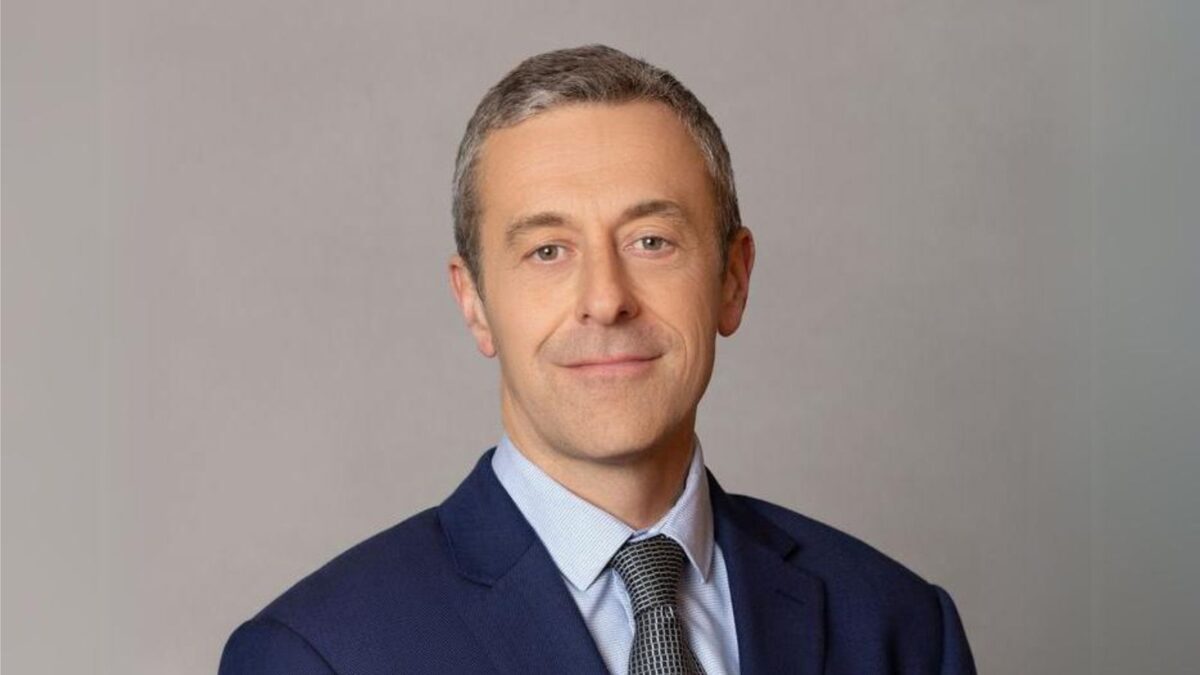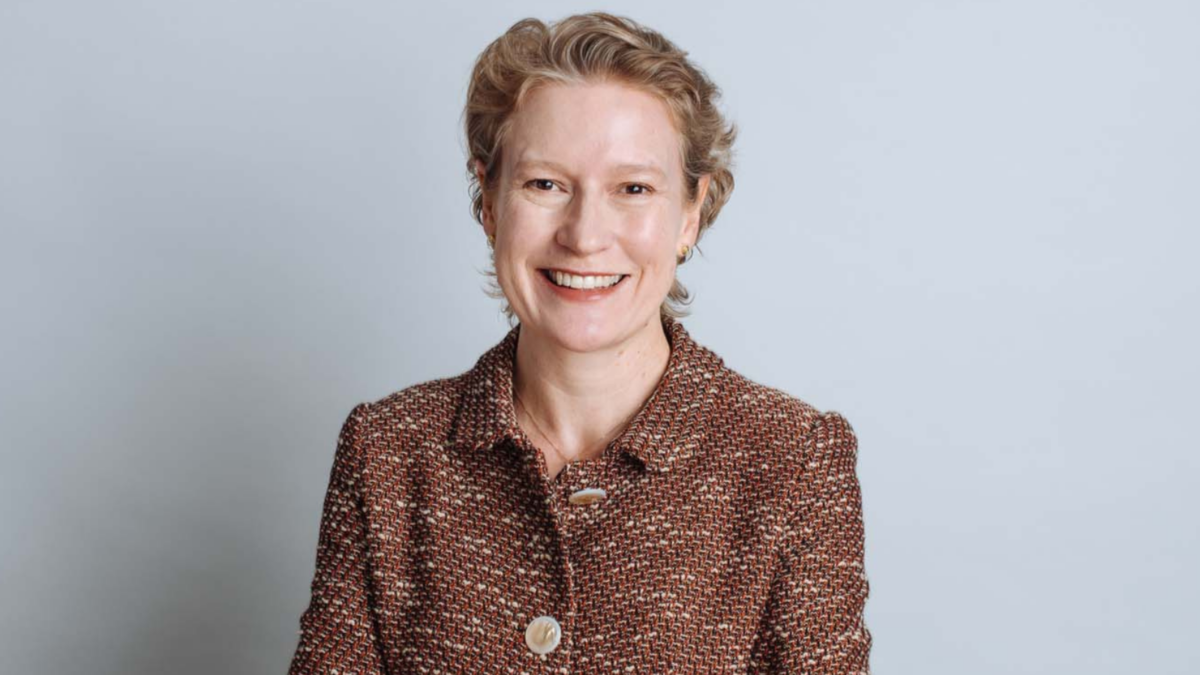“What happens when we go back to the office?” COVID-19 risks for financial advisers.
Protecting your practice
Potential COVID-19 for business owners
For financial advisory firms, OH&S issues are rarely a priority. The odd paper cut hardly demands regulatory intervention. But COVID-19 could change all that, says John Makris and Dominic Fleeton, Partners at the specialist workplace law firm Kingston Reid.
The focus of health and safety regulators has been on helping employers implement measures to minimise the risk of employees either contracting COVID-19 at work or bringing it to work, especially in those workplaces identified as high risk such as aged care and abattoirs.
But as Australia starts to come out of lock-down, they expect health and safety regulators to increasingly adopt an “enforcement-first mentality” in all workplaces
“There’s a realisation that COVID-19 will be a key health risk for months, if not years, so all employers will potentially be held responsible for outbreaks in their workplaces in the same way they are now for other health and safety breaches.
“Depending on the state or territory jurisdiction, it could mean heavy fines for employers, and even jail for individuals, found to have breached health and safety legislation as they apply to COVID-19. Also, the focus of regulators’ investigative activities will not be limited to employing entities and will almost certainly include scrutiny of any business decision-maker who has failed to discharge their statutory safety duties.”
Presently, the maximum fines exceed $3 million (excluding the various Industrial manslaughter laws in force across Australia). Businesses also face the prospects of forced closures by way of health directives or imposed by prohibition notices issued by regulators.
John Makris and Dominic Fleeton say regulators are indicating already that any workplace that experiences an outbreak of COVID-19 can expect to become the focus of investigative activity.
To date, office workplaces have avoided COVID-19 outbreaks, but as the varying degrees of lockdown around the country are wound back, then employers will need to be more vigilant in ensuring this insidious virus does not take hold in their workplaces.
“The Victorian Government, for example, has recently implemented regulations stating WorkSafe Victoria needs to be notified about some confirmed COVID-19 cases involving employees and independent contractors.
“This notification obligation brings with it a requirement to preserve the site of these ‘incidents’ until released by a WorkSafe inspector. Failure to comply with those notification and preservation obligations are criminal offences.”
They say a policy of “enforcement first” will not be restricted to those states and territories where COVID-19 remains a serious health risk, notably Victoria.
“Considering the all-encompassing nature of the pandemic, and the plethora of information and guidance material available to employers and participants in a range of key industries, it is reasonable to assume that the expectations held by safety regulators about managers who have the capacity to influence a business’ response to COVID-19 will be high.”
“In NSW a joint task force between Safe Work NSW, Liquor & Gaming NSW and the Department of Fair Trading are presently checking on public venues and issuing up to $5,000 fines for breaches of the NSW Public Health Order. A second offence results in a closure of the venue. These breaches expose workplaces to potential WHS prosecutions as well.”
At a minimum, people in such positions of authority, influence and decision making will need to be able to demonstrate that their approach is commensurate with the real risks created by this highly prevalent, contagious and potentially fatal disease. This includes being able to identify:
- Key aspects of the business that COVID-19 is impacting;
- Risks to the safety of workers and others due to the pandemic;
- Measures that the business has implemented to minimise the risk of COVID-19 being introduced into the workplace;
- Measures in place to swiftly respond to workers being identified as close contacts of people who have contracted COVID-19, or being suspected or confirmed cases themselves; and
- Resources deployed to ensure that the processes are monitored and enforced.
They conclude: “The work many organisations have done will present a positive picture of genuine attempts to comply with the law and keep employees safe. But for those who are found wanting, the consequences could be dire.”










